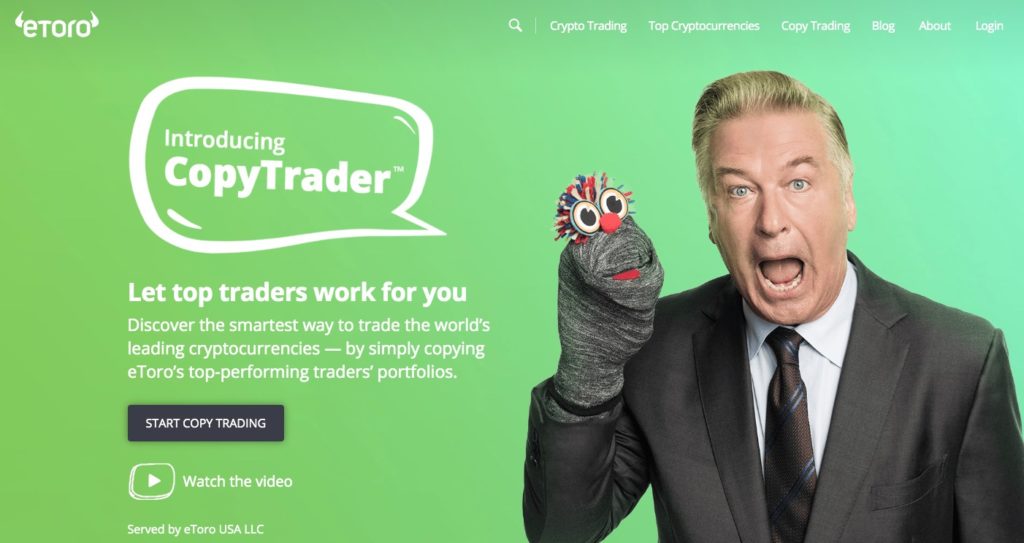
Expensify’s 2019 Super Bowl advertisement – Expensify Th!$ – featuring Adam Scott and rap star 2Chainz – was not the first time a fintech leveraged the shine from pop culture to illuminate itself.
But as Snoop Dogg celebrates his first anniversary as a high-profile Klarna shareholder and RDC announces that it has hired a network of social media influencers to help promote its new digital banking app, it’s clear that firms are all-in when it comes to using celebrity to showcase everything fintech – from expense management to pay-later ecommerce solutions. Alec Baldwin, who has become one of pop culture’s more potent pitchmen, was recently enlisted by eToro to help boost its CopyTrader marketing campaign.
The financial world has been as much a fan of celebrity as a customer engagement tool as any other industry with brands to build. Today, Mastercard announced that it was working with Swedish singer Nadine Randle to produce a song that “integrates the payment giant’s ‘sonic brand.” The company’s ‘sonic brand’ identity itself is the fruit of a partnership between Linkin Park co-founder Mike Shinoda, who developed the score last year.

And from the local sports hero to the homecoming veteran, credit unions and community banks have long leveraged the willingness of regional-minded stars and celebrities to “give back” to the communities and neighborhoods they grew up in.
But as fintechs increasingly partner with and compete with these and other financial institutions – and take advantage of new forms of celebrity such as social media influencers – they are increasingly taking a page from the FI marketing playbooks when it comes to using star power to shine a light on the work they do.
Expensify CEO and founder David Barrett highlighted the way his company’s technology would make it easier for talents like 2Chainz to “make the most epic music video ever” in his Expensify Th!$ ad. But he also told Fast Company at the time that even though Expensify had the “strongest brand” in the expense management game, and was the fastest-growing such firm with the biggest customer base, “virtually nobody in the world knows who we are.”
The celebrity approach to marketing is not without its detractors. In a post at Medium.com last year, Millennium Management COO Ajay Nagpal noted data from the 2018 Sprout Social Index that suggested that consumers are more likely to buy a product or service recommended by a friend than a celebrity. Moreover, Nagpal raised an interesting question as to whether or not the star endorsement of a brand in fashion, for example, would have the same impact as the same star’s endorsement of a brand in wealth management or tax planning.

Perhaps it depends on the star. Last fall, Finovate audiences were treated to a surprise appearance from noted Canadian investor and star of the reality show Shark Tank, Kevin O’Leary, who provided an on-stage, end-of-demo endorsement of Bambu’s Beanstox investing solution. And it’s a good bet that “Mr. Wonderful” is likely to be a more powerful advocate for white- label, B2B robo advisory technology than he might be for, say, leggings …
Additionally, as Director of Brand Strategy at Weber Marketing Group John Mathes wrote for The Financial Brand, even the best celebrity branding works better over time rather than as a one-off. Calling the practice “borrowed interest,” Mathes warned that while carefully targeted star power can produce positive results “brand building is usually a slow process. It takes time. It’s not a single campaign or gimmick.”
The impact of celebrity and influencers on the visibility of and engagement with fintech remains to be seen. But maybe more to the point, the fact that a growing number of fintechs are adopting the same approach to brand-boosting as their peers and rivals in the rest of the financial world may be a positive sign for the fintech industry in and of itself.
